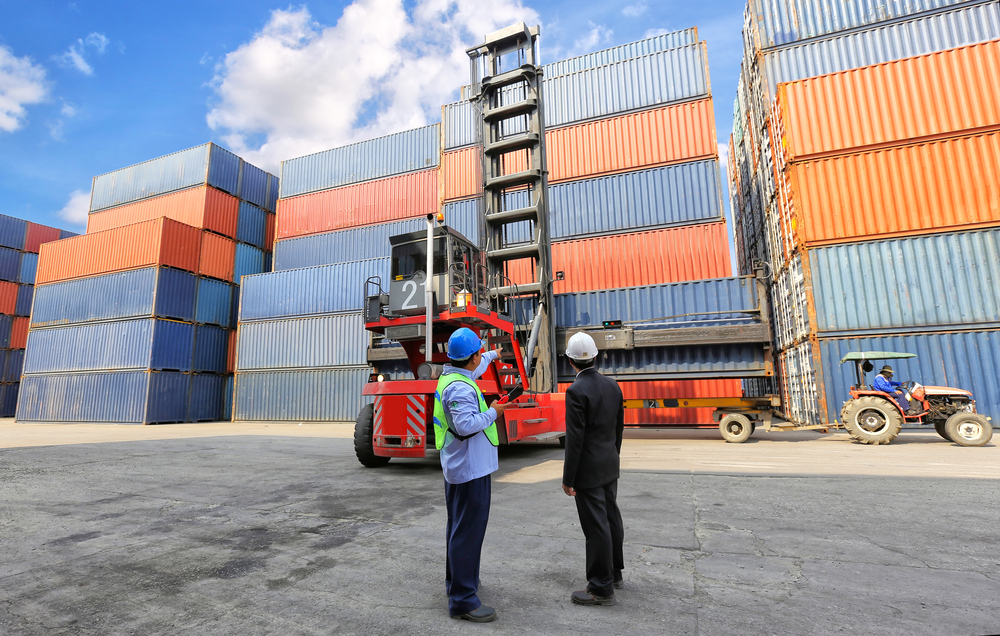When you cross an international border, you sometimes have to pay a tariff on the items you bring with you. This is a type of tax that is assigned to particular consumer goods, at different Clearit customs brokerage rates, and for different reasons. Let’s take a look at these reasons.
REASON #1: Tariffs As Fair Trade
Primarily, tariffs are assigned in order to protect fair trade. Basically, a foreign competitor could make a product available in their country at a very low price so that when a traveler visits, they could save a lot of money on this product. Tariffs are assigned when you return home, then, to add cost to that product so that it is more competitive with what you might pay for the same (or similar) product domestically. In addition, tariff regulations should help to motivate domestic companies to make quality products and then sell them at competitive prices; because without regulations, companies would have free reign to make their products cheap and fast.
REASON #2: Tariffs As Political Policy
The government can also impose tariffs as part of an economic policy. Here are some ways they might do that:
- Tariffs help to protect the domestic job market by encouraging consumers to buy domestically. When foreign products are more expensive, it motivates buyers from domestic companies instead of foreign ones.
- Tariffs help to protect infant industries. If, for example, a country aims to develop a new industry (as is the case, now, with electric and autonomous vehicles), tariffs can ensure that foreign companies cannot impede with domestic development through unfair or unjust labor practices abroad in order to expedite their competing product (and, again, sell at a cheaper price).
- Tariffs can also provide a means of delivering a political message. If a trade partner, for example, does not follow agreed-upon trade rules—or flat out violates it—another country in the trade agreement can impose a tariff that might cause that country’s products to fail. Basically, this is way to encourage healthy foreign relations.
- Tariffs might also protect consumers by increasing the price of a dangerous or harmful product, as a deterrent. This is common practice with things like alcohol and tobacco.
All in all, tariffs are a big part of a healthy global economy. While their institution is voluntary, their intention is crucial in maintaining healthy trade relations across the globe.







